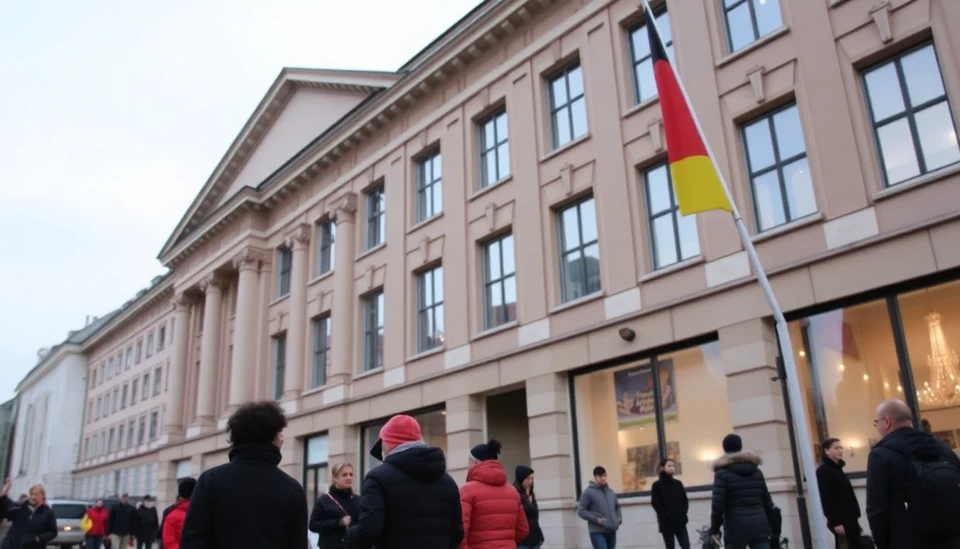
A recent study has unveiled a significant demand for labor in Germany, estimating the need for approximately 288,000 immigrants each year to sustain the economy’s growth and address workforce shortages. This forecast arises against a backdrop of low birth rates, an aging population, and a steady increase in job openings, highlighting urgent immigration policies necessity.
The analysis, conducted by the Institute for Employment Research (IAB), suggests that without a consistent influx of labor from abroad, many sectors of the German economy could face severe constraints. As industries expand, particularly in sectors like technology, healthcare, and manufacturing, the current workforce is insufficient to meet these demands.
Germany’s demographic challenges are compounded by a declining fertility rate, which has hovered around 1.5 children per woman—below the replacement level of 2.1. Furthermore, a significant segment of the German population is approaching retirement age, leading to an increased number of vacancies that young workers alone cannot fill. The report emphasizes that this trend could threaten the sustainability of Germany's robust economy if not addressed promptly.
The IAB study indicates that various regions within Germany will experience different levels of pressure regarding labor shortages. For instance, urban centers may have a more acute need for skilled workers, while rural areas may struggle to attract individuals to fill less desirable jobs that are critical for local economies.
In response to these findings, policymakers are urged to reconsider immigration laws to facilitate the entry of skilled migrants. The study advocates for streamlined processes for work permits and recognizes the potential of international students who could transition to the workforce upon completing their studies in Germany.
Germany has historically been a destination for migrants, particularly from the EU and surrounding countries. However, the recent political climate, coupled with stringent immigration controls, has often hindered the process. The IAB’s research emphasizes the necessity of revamping these policies to improve the nation’s attractiveness as a destination for skilled labor.
In light of these circumstances, the report concludes that Germany's economic well-being is inextricably linked to its approach to immigration. As sectors are increasingly vying for talent, this year-on-year demand for migrants is not just a statistic—it’s a clarion call for action to ensure the strength and resilience of one of Europe’s leading economies.
#Germany #Economy #Immigration #LaborMarket #Workforce #Demographics #IAB
Author: Rachel Greene




